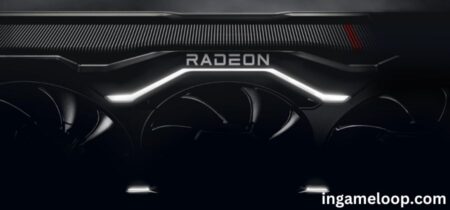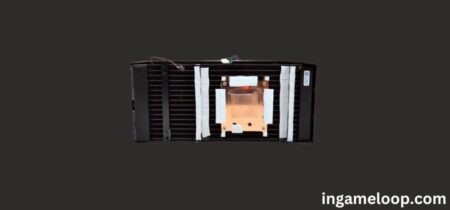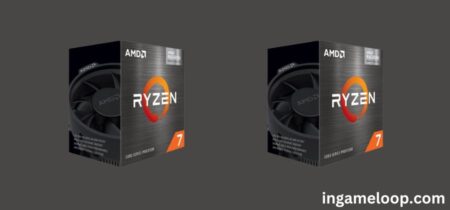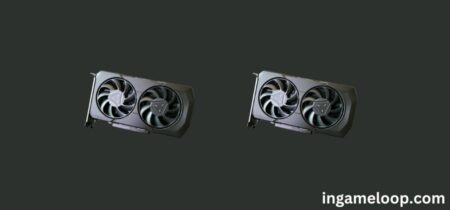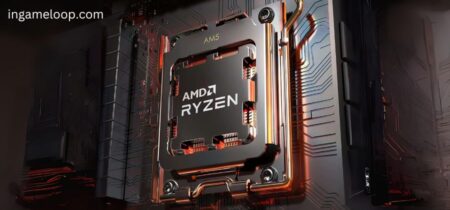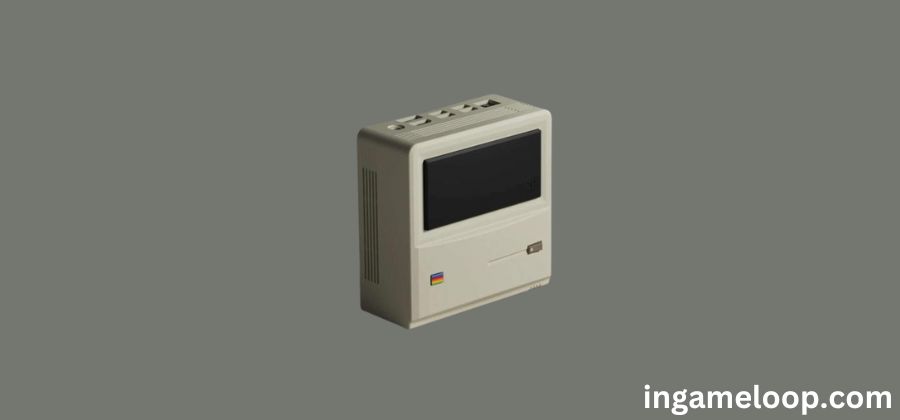
In the world of small computers, Ayaneo’s first attempt has caught everyone’s eye because it looks really nice. But, if you look closer, people are worried about what’s inside. Let’s have a deep look at it.
People were excited about Ayaneo entering the mini PC market. They’ve used their skills to create a small computer called the Retro Mini PC. This little gadget is like a mysterious relic from the 1980s, and it’s designed to bring back memories for people who love old computers.
The Retro Mini PC isn’t just a regular device; it’s like a time machine. It takes users back to the good old days of computers. Even though it’s small, it holds a bunch of memories and makes you feel nostalgic. What makes it even more special is the attention to detail that reminds you of 1980s computers, complete with cool 8-bit graphics that tell stories of the digital past.
But, as the excitement builds up, a mysterious letdown comes into view. Inside the charming outside is a hidden truth – the parts that make it work aren’t as amazing as people hoped. The AMD’s Ryzen 3 3200U and Ryzen 7 5700U APUs, although they do the job, don’t quite match the high expectations. This leaves those who know their stuff wanting something more magical from the Retro Mini PC’s mysterious heart.
These choices might not make tech fans happy because they are not the newest options. The Ryzen 3 3200U, from 2019, only has two cores and four threads, and it struggles with modern games. The better Ryzen 5 5700U model is still not as good as other options for mini PCs. It might be okay for normal things, but not for heavy-duty tasks.
The enigma deepens when one delves into the intricate realm of Ayaneo’s Retro Mini PC. At an initial glance, the starting price of $199 may seem like a mere gateway, a cryptic invitation to explore the enigmatic possibilities it holds. However, as you traverse the labyrinth of choices, a clandestine puzzle unravels itself.
A whisper in the digital shadows hints at an upgraded iteration, cloaked in a $459 shroud, boasting 32GB of arcane memory and a clandestine 1TB storage drive. This occult upgrade prompts a clandestine contemplation among seekers, leaving them to ponder if the secrets concealed within justify the considerable investment, an esoteric choice amidst the landscape of mini PCs.
In the cosmic tapestry of alternatives, Ayaneo’s miniature creation finds itself at a celestial crossroads. The Raspberry Pi 5, an astral competitor, beckons with its celestial allure. For those willing to traverse the astral planes of setup complexities, the Pi 5 offers a celestial journey at a fraction of the cost. Meanwhile, emerging from the gaming nebula is the Steam Deck, a $349 celestial contender that orbits the aspirations of gamers seeking portable transcendence.
Ayaneo’s first mini PC looks nice, but it doesn’t perform as well as people expected. The difference between its appearance and its performance is making people think twice before buying it. As tech experts closely examine Ayaneo’s mini PC, the search for the perfect balance of style and performance in mini PCs continues.
Related:
Zotac Mini PC First to Market With Frore AirJet Cooling
The first Ryzen Z1 Mini PC has been benchmarked, reaches 40W



